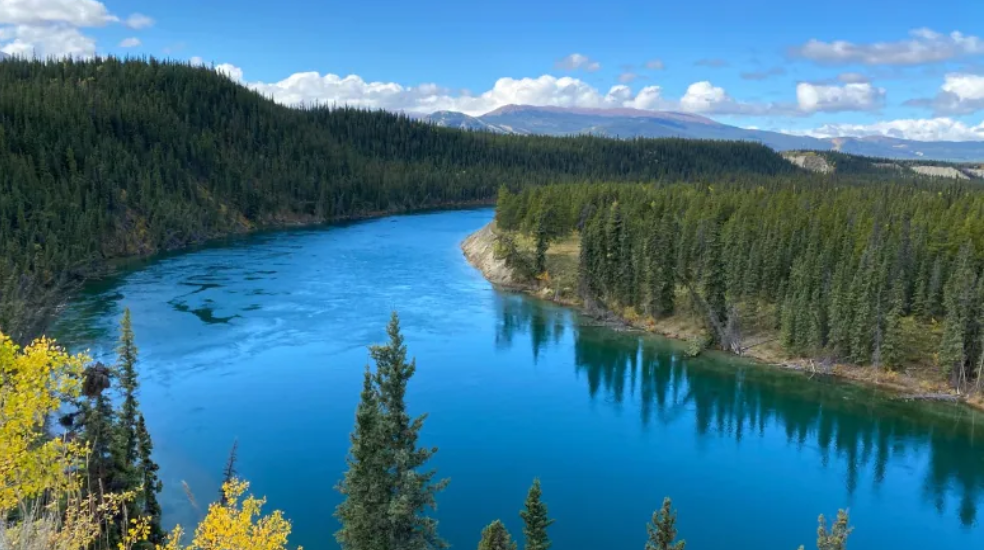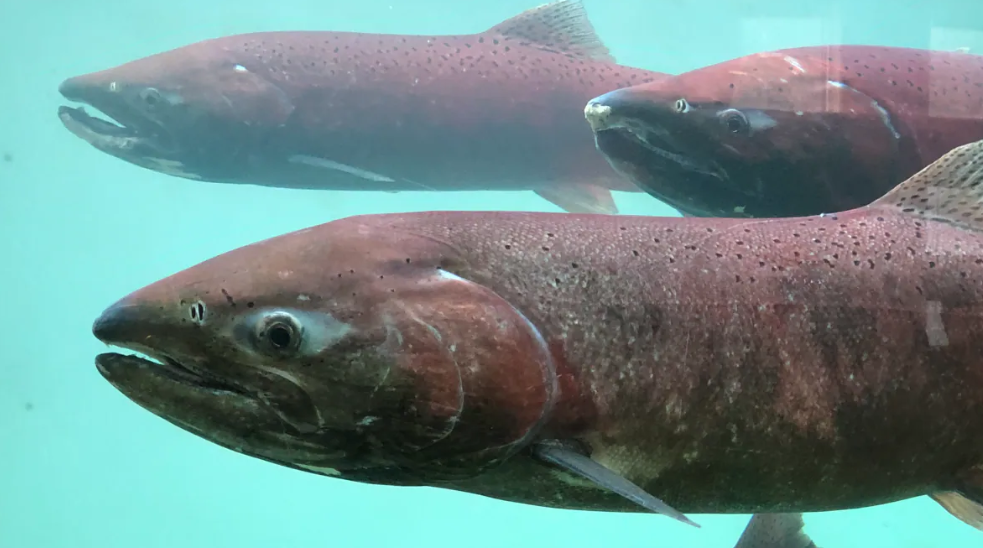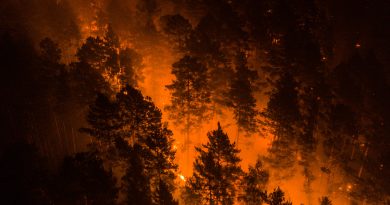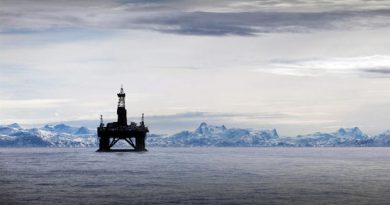No sport fishing for salmon on Yukon River again this year, as numbers stay low

It’s become the norm in recent years — the closure of the once-popular recreational and commercial salmon fishery on the Yukon River. And it’s happening again this summer, for both chinook and chum salmon.
“We’ve seen this progressive decline of salmon stocks in the Yukon River now for over the last 10 years,” said Steve Gotch, director of operations for the Department of Fisheries and Oceans (DFO) in Yukon.
“And although some of the numbers are perhaps stabilizing, they’re unfortunately stabilizing at very low levels.”
DFO announced this week that the sport fishery for both chinook and chum salmon will be closed throughout the Canadian portion of the Yukon River, as well as the Porcupine River and its tributaries, through this summer and fall. The commercial fishery is also closed.
The number of spawning chinook on the Yukon River has been in steady decline for more than a decade. The last time recreational fishing for chinook was allowed on the river was in 2010.
The chum salmon decline has been more recent. Gotch calls that “somewhat alarming.”
People were able to catch and sell chum salmon in Yukon even a few years ago, when they were much more plentiful than chinook, but Gotch said the last couple of years have been “a very bad time” for chum as well.
Closing the fishery could help numbers rebound in the years to come, he said.

“We are currently at a point on the Yukon River where the all of the adult salmon that are returning to the system are required for spawning. So to sustain the population into the future, there is no what we call surplus, or there are no additional fish, that are available to harvest,” Gotch said.
“We need every last one of those salmon to spawn in order to start to rebuild these runs for the future.”
The low numbers have also affected the traditional subsistence harvest by Yukon and Alaska Indigenous communities, with many voluntarily forgoing their harvest in recent years.
‘Abnormal increases’ in ocean temperature
It’s not clear what’s happened to the stocks, or whether they’ll eventually rebound. Gotch said salmon runs typically rise and fall over time as part of a natural cycle, but now there are new environmental conditions that could be throwing things off.
He points to the Bering Sea, where Yukon River salmon spend the majority of their lives, and where there have been “abnormal increases” in water temperature in recent years.
“And with that warming trend, we’ve seen different species of either smaller fish or predators moving into the Bering Sea, which are in some cases directly competing with salmon for food,” he said.
“As a result, the survival of Yukon River salmon in that marine environment is changing, and unfortunately, it’s changing for the worse.”
Sebastian Jones, a Dawson City fisher who sits on the Yukon Fish and Wildlife Management board, still holds a commercial fishing licence for Yukon River chum salmon though he’s not able to make use of it now. He said what’s happening should be a major concern for everybody, not just the people and communities who rely on the fish as a nutritional and cultural resource.
“It indicates that we have really messed with the ecosystem in the largest ocean on the planet,” he says.
“It’s difficult to see when you look at the ocean how much we’ve done out there. But, you know, we’ve basically been plundering it for way too long.”
Still, Jones said you have to be optimistic to be a fisher, and he’s confident that salmon stocks will rebound — eventually.
“I’m not sure when, it may take longer than I’ve got,” he said.
“Salmon have been around for literally millions of years. And I’m quite confident that they’ll figure out how to deal with what’s going on right now.”
Related stories from around the North:
Canada: ‘Significant’ amounts of mercury in permafrost threatens Arctic food supply, research says, CBC News
Finland: Citizens’ initiative prompts Finnish lawmakers to consider microplastics ban, Yle News
Greenland: Greenland accedes to UN treaty against mercury pollution, Eye on the Arctic
Sweden: Swedish raft made from trash draws attention to plastic pollution, Radio Sweden
United States: Keep Yukon ore out of Haines, Alaska, conservationists say, CBC News.



